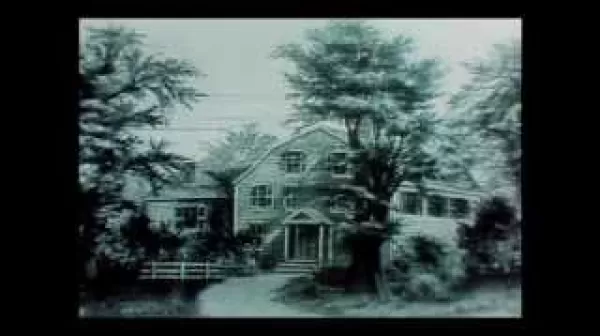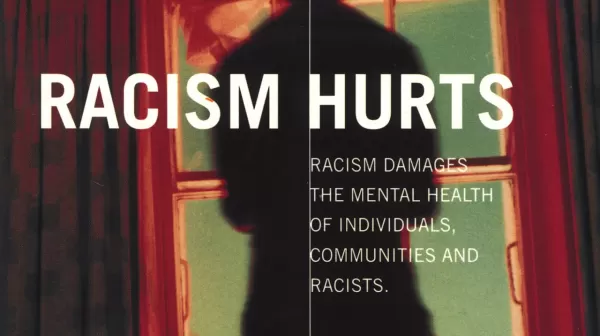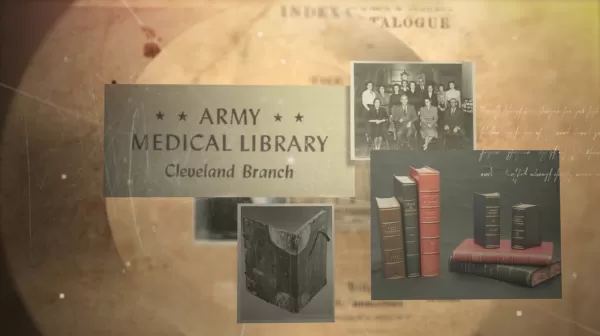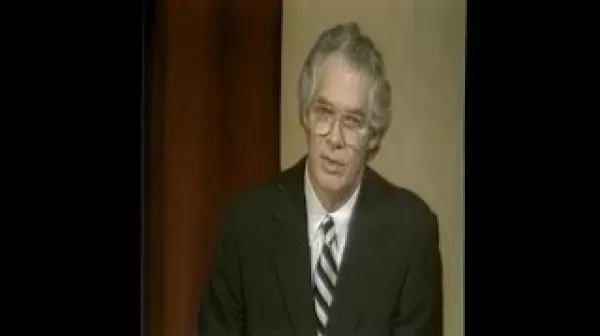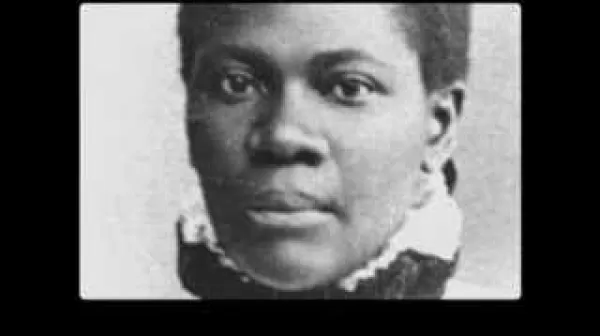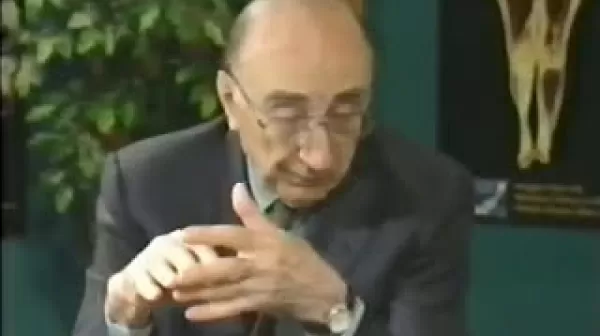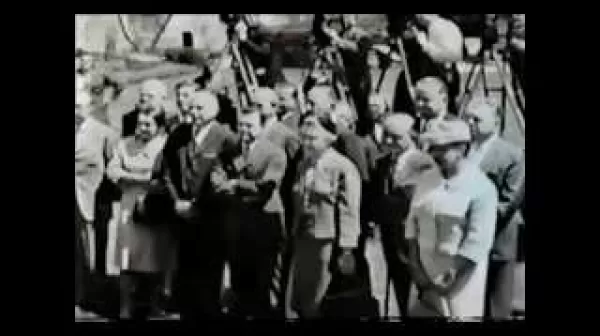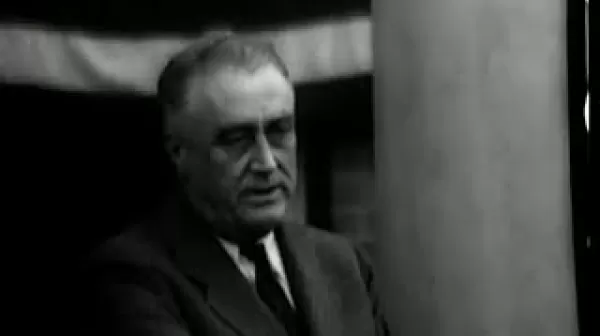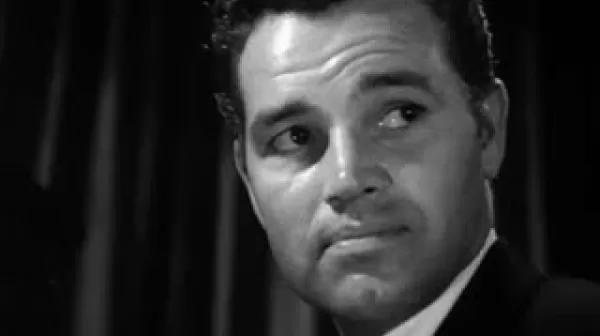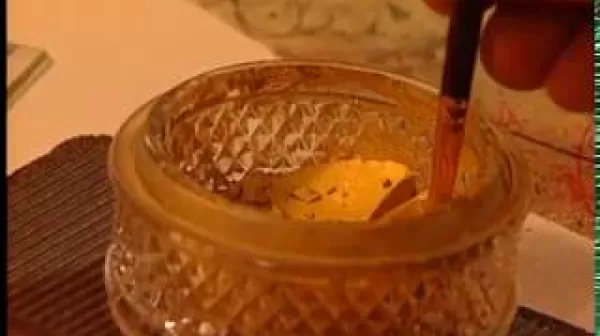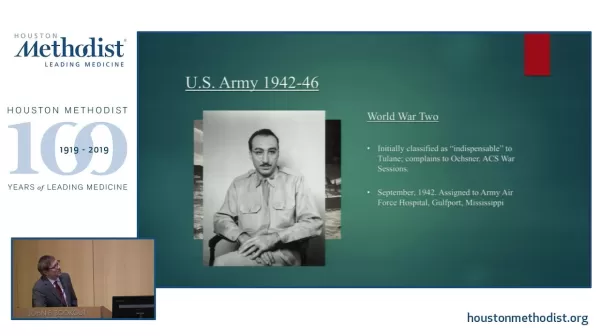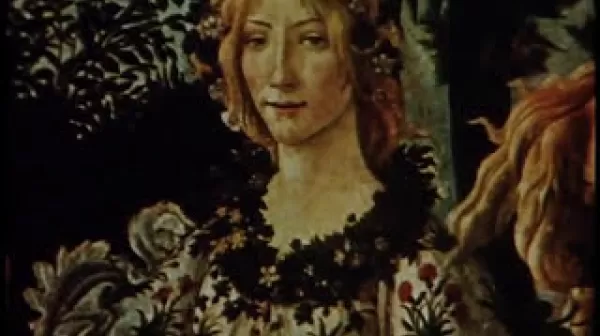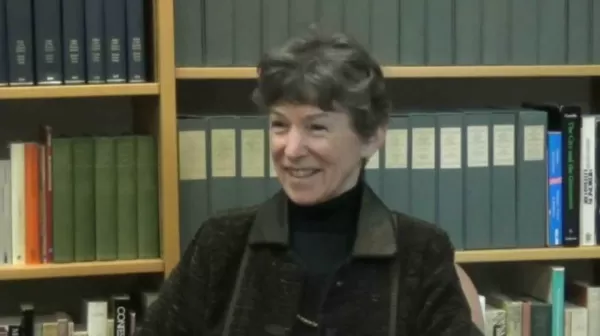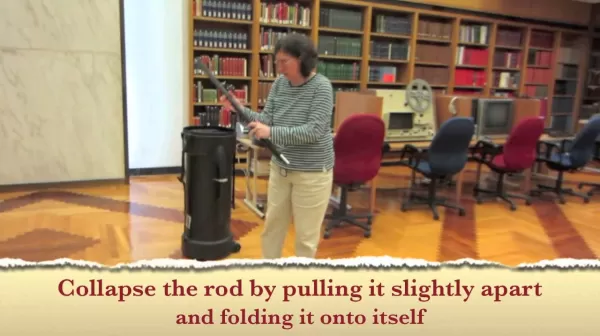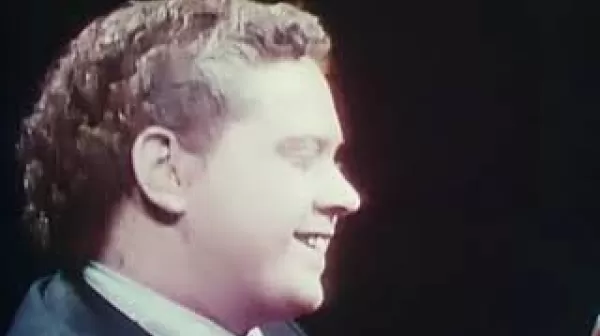John Shaw Billings: The Early Years & the National Medical Library (NLM, 1983)
This film profiles the work of John Shaw Billings in the development of foremost medical library in the world. Born in Indiana in 1838, Billings attended Miami University in Oxford, Ohio, at age fourteen, graduating in 1857. He then attended the Medical College of Ohio, graduating in 1860. He joined the army at the start of the Civil War in 1861 and was assigned to the medical corps. He served in various capacities, most notably, as a surgeon at the Battle of Gettysburg. The letters to his wife present a graphic picture of soldiers' injuries during that battle.

